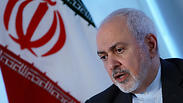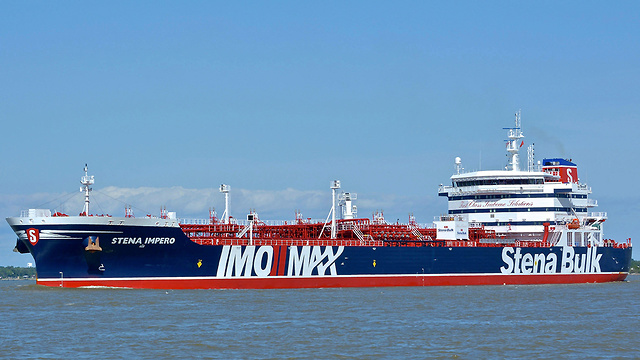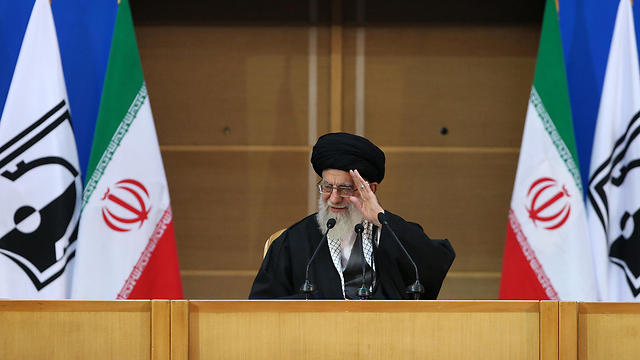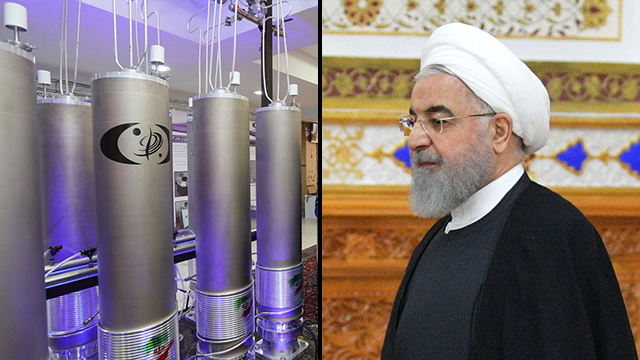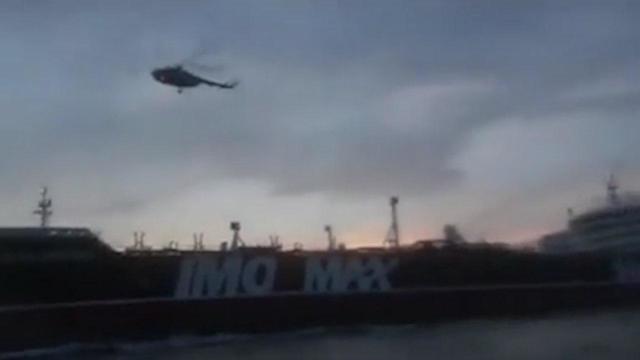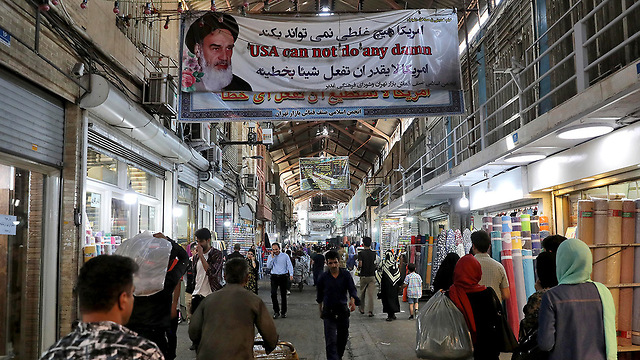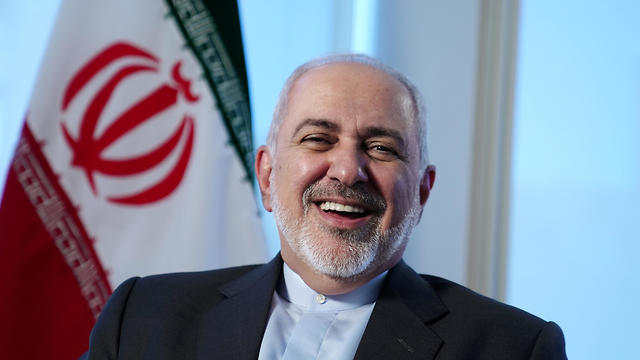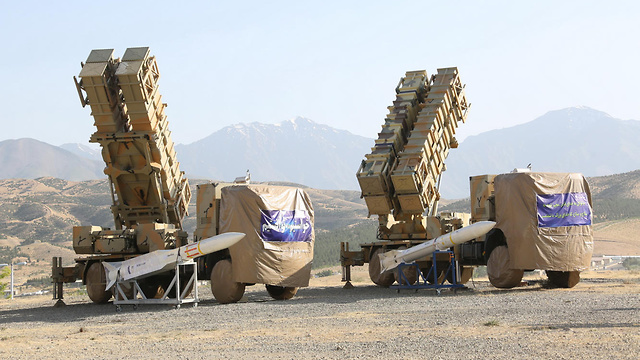
Iran's waiting game in the Gulf
Analysis: Tehran's strategy to promote fear of a world recession in the event of a war has so far backfired and their hopes of returning to nuclear negotiations from a position of strength has also been suspended, but some gains for the Islamic Republic could pose dangers down the line for the West
The conflict in the Strait of Hormuz is as much of a battle of minds as it is a physical battle between Iran on the one hand and the United States, Europe and the oil-rich Arab nations on the other.
For now, the conflict is contained by all sides, but the risk that it may spiral out of control and become a military conflict if not all-out war is great.
So far, all sides, Iran especially, have been acting responsibly and are careful not to allow a deterioration but there are two worrying points that should be considered:
The first is Iran's increasing political sophistication in the way it conducts a synchronized campaign, using all branches of its military.
The second is Iran's ability to lie, allowing countries who may benefit from the situation in the Gulf to make use of these lies to mask their decisions and policies. Those countries include Russia, China, India and Turkey.
All indications are that there is complete agreement on Iran's strategy among all elements of the regime.
Supreme Leader Ayatollah Ali Khamenei is seen as directing the course of action, supported by the conservatives and religious leadership as well as the Revolutionary Guards and with the consent of the pragmatic political wing, led by President Hassan Rouhani and Foreign Minister Mohammad Javad Zarif.
The aims are a renewal of negotiations on the nuclear deal, a rise in oil prices to increase revenue and the glorification of the country's leadership.
Iran hopes to arrive at any negotiations with the United States from a position of strength, having shown it is able to threaten the Gulf states and much of the world's oil flow while not having to shut down either its nuclear or ballistic missile programs.
Iran is attempting to cause a hike in oil prices and in the cost of insuring the tankers that transport it.
Higher prices will benefit Iran and could offset the loss of revenue from reduced oil sales as a result of American sanctions. Iran exports less than 400K barrels per day, down from 2.5 million before the renewed American sanctions were imposed.
A threat of war, according to Iran's policy makers, may bring about a worldwide economic recession which in turn will push Japan and China as well as European economies to pressure Trump to lift the sanctions.
If Iran's leadership is able to present its public with a win against the West, it can perhaps lay to rest claims it is responsible for the economic hardships caused by the U.S.-imposed sanctions that have now been compounded by the loss of oil revenue.
So far, Iran has targeted smaller tankers sauiling under a British flag but with a non-British crew and carrying oil not meant for Britain.
The regime is aggressively responding to its own tanker being stopped by Britain near Gibraltar while it was carrying oil to Syria in violation of EU imposed sanctions.
But Tehran knows all too well that this policy cannot last indefinitely. If sanctions continue and economic conditions deteriorate, Iranians may take to the streets in greater numbers than ever before.
Ten days ago, Iranian officials dismissed any possibility of renewed talks with the United States on the nuclear program, the ballistic missile program and what Washington calls the sponsorship of terror.
Now Foreign Minister Zarif has officially changed Tehran's position, announcing that the Iranians would be happy to discuss any issue once the sanctions imposed on them by the Trump administration are lifted.
Zarif also said that his government may allow the UN's atomic watchdog, the IAEA, more frequent inspections in more sites.
But Washington remains unimpressed; Trump, it seems, has time and patience. His administration understands the shenanigans of the Revolutionary Guards in the Strait of Hormuz have so far not led to fear of all-out war the ayatollahs were hoping for, as oil prices rose only minimally and reserves remain plentiful.
Iran has been revealed to be increasingly desperate, and barring a wrong move that could indeed result in war, it is a matter of time before they sit down to negotiate on the West's terms.
The only explicit and immediate threat would be if American lives are lost as a result of Iranian actions in the Gulf. That, promises Trump, would result in swift military action. Iran has taken note.
Understandably the Gulf states are concerned. They are within range of Iranian missiles while the United States is slow to react to the Iranian aggression.
In fact the American decision to send 500 troops to Saudi Arabia has little to do with the events in the Gulf and more to do with the war with Yemen, which has taken a turn for the worse as far as the Saudis are concerned.
It is now clear that the Saudi-led coalition has been unable to stop the Houthi rebels who are being advised by Hezbollah; and though they have not really caused any damage to the Saudi kingdom, their daily attacks are an affront to Saudi honor.
In addition, the UAE last week announced it will be pulling its ground forces out of Yemen, having realized that despite some military victories these troops will not change the course of the 4-year war.
This is a strategic win for Iran and will now make the Bab-el-Mandeb Strait- the route to the Suez Canal and the Mediterranean - as precarious for maritime traffic as the Strait of Hormuz, and a threat to Israeli maritime commerce as well.
Since war is inadvisable and unlikely, Iran's position - unless and until it brings about a change in the U.S. sanctions - is to wait it out with the hope that the 2020 elections will seat a new American president.













